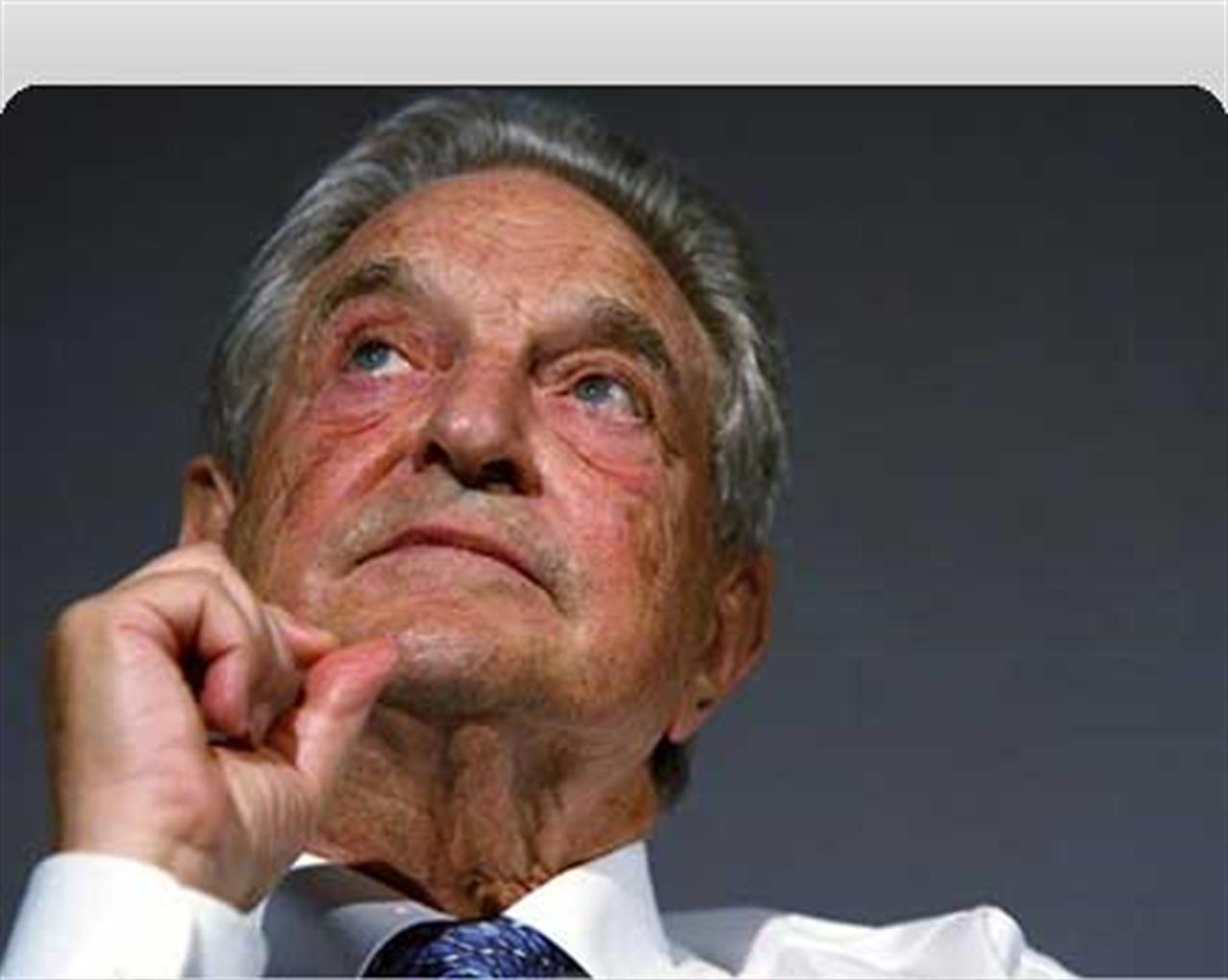Sostenibilità
Soros pledges 1.1 billion dollars towards tackling climate change
The billionaire to address the "political problem" behind it

Billionaire George Soros, looking to address the “political problem” of climate change, said he will invest $1 billion in clean-energy technology and donate $100 million to an environmental advisory group to aid policymakers.
Soros, the founder of hedge fund Soros Fund Management LLC, announced the investment in Copenhagen on October 10 at a meeting on climate change sponsored by Project Syndicate. The group is an international association made up of 430 newspapers from 150 countries.
“I want to apply rather stringent criteria to the investments,” said Soros in an e-mailed message. “They should be profitable but should also actually make a contribution to solving the problem.”
Soros’s announcement comes two months before 190 nations will gather in the Danish capital for a final round of negotiations on a new climate treaty that includes provisions to finance clean- energy projects in developing nations. Talks last week in Bangkok were marked by a dispute between richer and poorer nations over whether to renew or abandon the Kyoto Protocol, the only existing global agreement to reduce carbon dioxide, which is blamed for global warming.
Soros, whose own wealth accounts for much of the approximately $24 billion his New York-based firm oversees, didn’t provide any details in his speech on the type or scope of investments he might make. Michael Vachon, his spokesman, wasn’t available to comment on his specific plans.
10-Year Initiative
Soros, 79, also will establish the Climate Policy Initiative, a San Francisco-based organization to which he will donate $10 million a year for 10 years.
“It will be part advisory service, part policy developer and part watchdog,” said Thomas Heller, who is heading the initiative. Heller is a professor at Stanford University Law School in Stanford, California, whose expertise is in energy law and regulation and environmental law.
Its goal is to look after the public interest as policies and programs are created to address climate change. The group will work in the U.S., Europe, China, India and Brazil, he said.
“The problem of global warming is primarily a political problem at this point,” Soros said. “The science is beyond dispute, but how do we achieve the objectives we all know are necessary? That is a political problem.”
The organization will address subjects such as carbon- emissions trading.
Greenhouse-Gas Tax
Soros has said he prefers a greenhouse-gas tax because carbon emission-trading systems, which are used in Europe, can be manipulated by investors.
Some U.S. legislators, energy companies and traders are campaigning for a so-called cap-and-trade system in the U.S. It would set limits for the release of carbon dioxide and let companies trade emissions allowances. Such a system already operates in the European Union, where permit prices have been erratic since it started in 2005.
“The system can be gamed; that’s why financial types like me like it — because there are financial opportunities,” Soros said at a London School of Economics seminar in July.
New global investment in renewable energy technology totalled $25.9 billion in the third quarter, 22 percent below the same quarter in 2008, according to New Energy Finance, a London- based research company. The total includes venture capital, private equity, public equity, asset finance, bonds and corporate debt.
Wind Farms
Investment in wind farms and solar parks that generate electricity without carbon dioxide emissions continues to trail levels seen in 2007 and 2008, New Energy Finance said earlier this month. New investments this year including research funded by governments and companies will total about $110 billion, 29 percent below 2008 and 26 percent off the 2007 total.
The world needs to spend about $1 trillion a year to keep temperatures from rising more than 2 degrees Celsius (3.6 degrees Fahrenheit) from pre-industrial times, according to the London-based Climate Group, which includes governments and businesses focused on global warming. The 2-degree cap, supported by the EU since 1996, has gained acceptance from insurers as a level essential to controlling the cost of protecting property and averting the worst effects of climate change.
Soros’s philanthropic efforts to date have primarily focused on promoting free and open societies, and have included initiatives supporting education, free press and public health.
In August, Soros donated $35 million to help needy children in New York state buy back-to-school supplies, and in May he made a $50 million challenge grant to the Robin Hood Foundation, which helps fight poverty in New York City.
Source: Bloomberg
Nessuno ti regala niente, noi sì
Hai letto questo articolo liberamente, senza essere bloccato dopo le prime righe. Ti è piaciuto? L’hai trovato interessante e utile? Gli articoli online di VITA sono in larga parte accessibili gratuitamente. Ci teniamo sia così per sempre, perché l’informazione è un diritto di tutti. E possiamo farlo grazie al supporto di chi si abbona.
